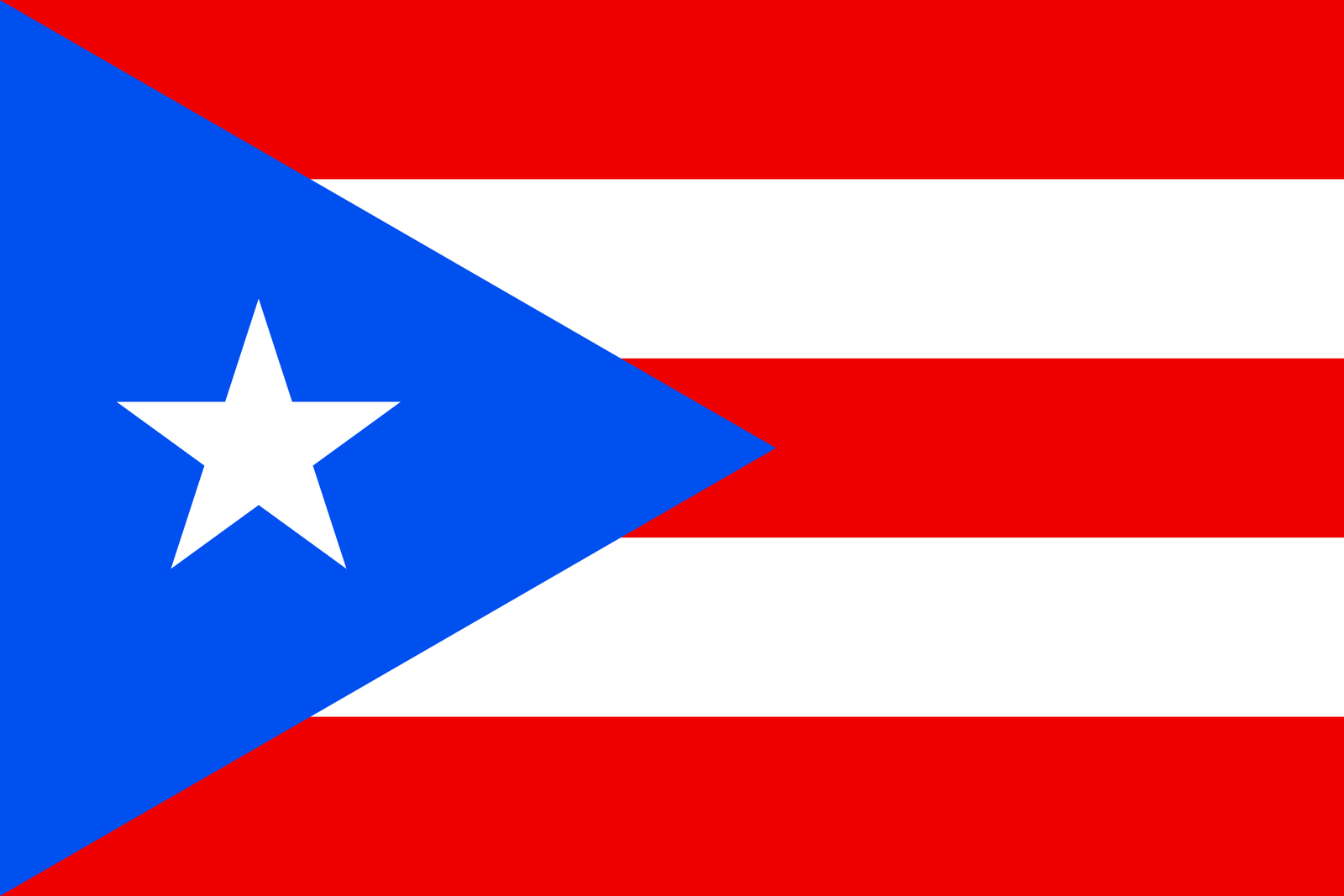Sipping the Essence of Puerto Rican Coffee Elegance
Nestled in the heart of the Caribbean, Puerto Rico is not only a tropical paradise but also the proud home of a unique and flavorful coffee. The Puerto Rico coffee profile is a rich tapestry woven with the island’s lush landscapes, distinct terroir, and a cultural heritage deeply entwined with the art of coffee cultivation.
Puerto Rican coffee is primarily cultivated in the central mountainous regions, particularly in the fertile soils of the Cordillera Central. The island’s diverse topography, with elevations ranging from 600 to 1,200 meters above sea level, contributes to the unique flavor profile of Puerto Rican coffee. The combination of tropical climates, ample rainfall, and volcanic soils creates an optimal environment for the cultivation of Arabica coffee, the predominant varietal on the island.
The elevation and climatic conditions result in a slow maturation process for the coffee cherries, imparting a nuanced and complex flavor to the beans. The unique terroir of Puerto Rican coffee contributes to its distinct identity in the world of specialty coffee.
Puerto Rican coffee is predominantly of the Arabica variety, celebrated for its nuanced flavors, bright acidity, and aromatic qualities. The Arabica beans grown in Puerto Rico are known for their well-balanced profile, often featuring a harmonious combination of fruity, floral, and chocolatey notes.
The dedication to cultivating Arabica beans aligns with Puerto Rico’s commitment to producing high-quality coffee that stands out in the global market. This emphasis on quality over quantity has elevated Puerto Rican coffee to a level of excellence that has gained recognition and admiration.
Coffee has deep roots in Puerto Rican culture and history, dating back to the early 18th century when coffee was introduced to the island. The Hacienda Buena Vista, one of the oldest coffee plantations in Puerto Rico, serves as a testament to the island’s coffee legacy. The coffee haciendas, with their historic architecture and lush surroundings, showcase the importance of coffee in shaping Puerto Rican identity.
Traditional coffee farms, known as “cafetales,” dot the landscape, preserving traditional farming practices and contributing to the island’s cultural heritage. The annual coffee harvest season, known as the “cosecha,” is a time of celebration, with communities coming together to share the joy of the coffee harvest.
Puerto Rican coffee offers a diverse and sophisticated flavor profile that reflects the island’s unique growing conditions. Arabica beans from Puerto Rico often exhibit a bright acidity, medium body, and a delightful interplay of flavors. Tasting notes may include hints of citrus, tropical fruits, and a subtle sweetness, creating a cup that is both vibrant and memorable.
The island’s commitment to sustainable and ethical farming practices further enhances the purity of Puerto Rican coffee flavors. Shade-grown and organic cultivation methods contribute to the overall quality and environmental sustainability of Puerto Rican coffee.
The coffee industry plays a significant role in Puerto Rico’s economy, providing employment opportunities and contributing to the island’s agricultural sector. The emphasis on producing high-quality coffee has positioned Puerto Rican coffee as a specialty product with a premium value, supporting the livelihoods of local farmers and sustaining the coffee industry’s growth.
Puerto Rican coffee is a reflection of the island’s commitment to quality, heritage, and sustainability. The combination of Arabica excellence, cultural significance, and unique terroir creates a coffee profile that stands out in the world of specialty coffee. As Puerto Rico continues to showcase its coffee to the global market, each sip becomes a journey through the island’s landscapes, a celebration of tradition, and a testament to the dedication of Puerto Rican coffee farmers to their craft.
Tags: coffee growers, Puerto Rico

